EDITORIAL
Published on 03 Sep 2021
Editorial: Plant Glycobiology - A Sweet World of Glycans, Glycoproteins, Glycolipids, and Carbohydrate-Binding Proteins
doi 10.3389/fpls.2021.751923
- 2,229 views
- 6 citations
45k
Total downloads
199k
Total views and downloads
Select the journal/section where you want your idea to be submitted:
EDITORIAL
Published on 03 Sep 2021
ORIGINAL RESEARCH
Published on 10 Aug 2021
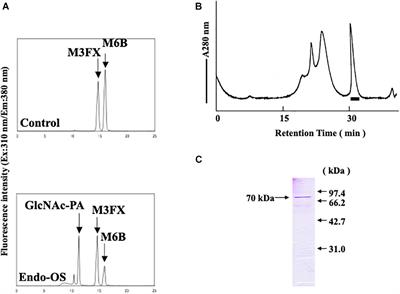
ORIGINAL RESEARCH
Published on 29 Jul 2021

ORIGINAL RESEARCH
Published on 02 Jul 2021
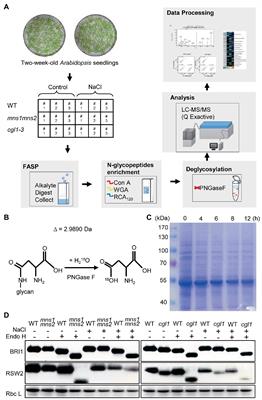
ORIGINAL RESEARCH
Published on 15 Jun 2021

ORIGINAL RESEARCH
Published on 25 May 2021
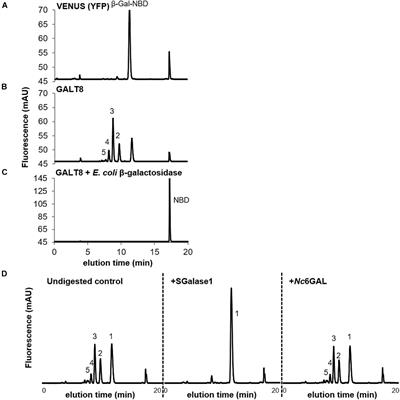
REVIEW
Published on 14 May 2021

ORIGINAL RESEARCH
Published on 26 Apr 2021
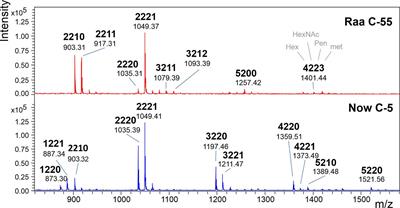
ORIGINAL RESEARCH
Published on 26 Apr 2021
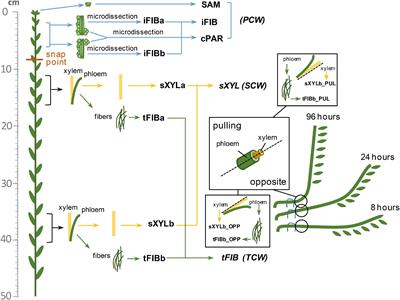
ORIGINAL RESEARCH
Published on 07 Apr 2021
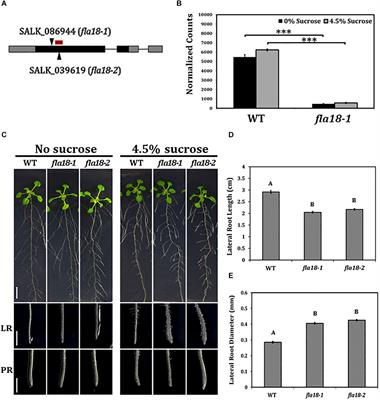
REVIEW
Published on 18 Mar 2021

ORIGINAL RESEARCH
Published on 17 Mar 2021

